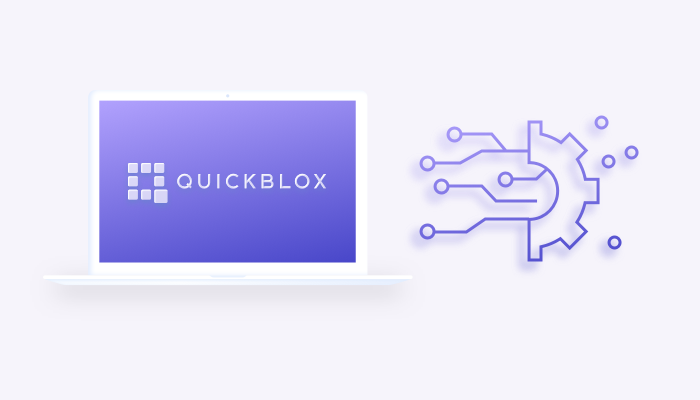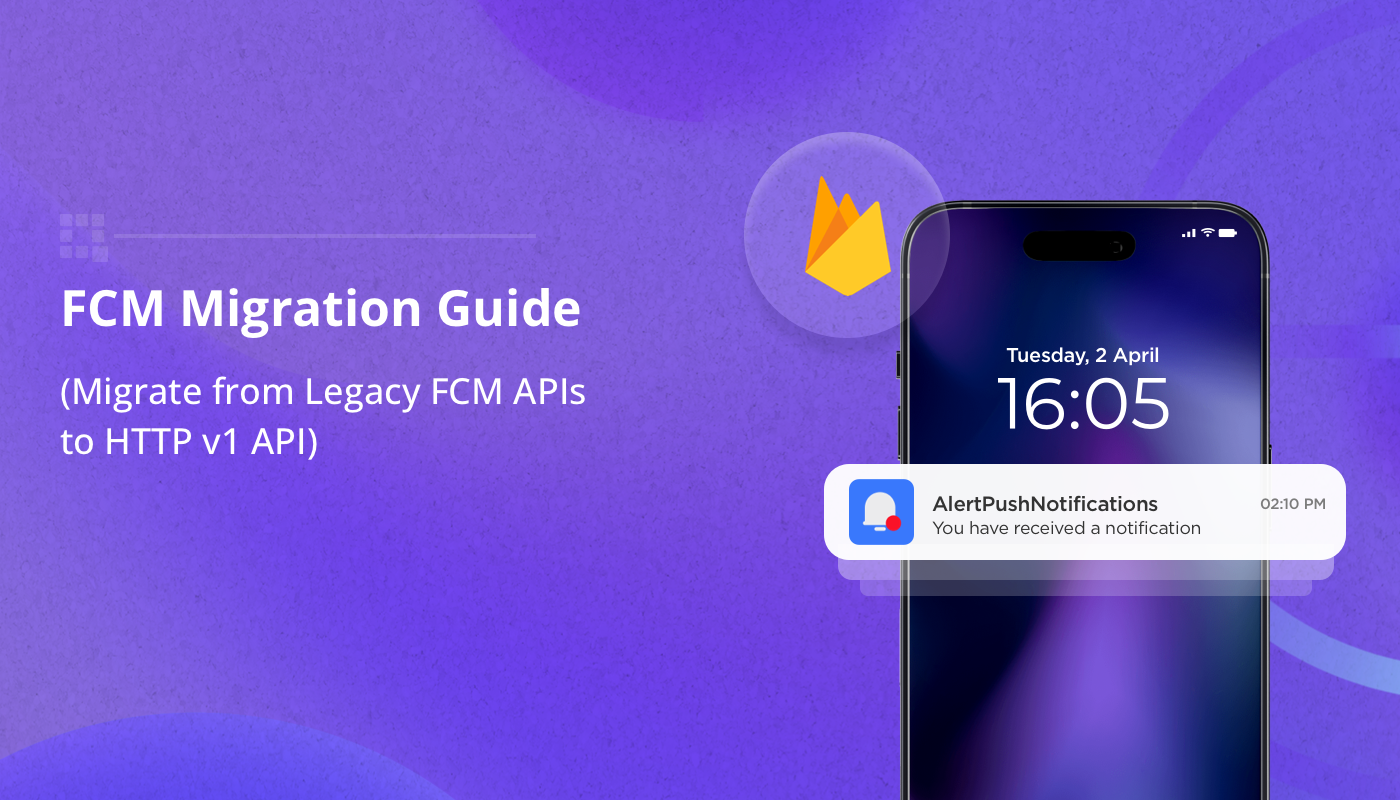
Software developer communities pursue the same goal as any other community out there – to allow members to share knowledge, learn something new, resolve problems together, form long- and short-term teams for specific projects. In other words – to create a space to meet new people and touch base with those you have known before.
Of course, for a developer, joining a community is by no means a must. You can work quite productively connecting only with your immediate team. However, joining a developer community brings a number of considerable benefits and opens multiple opportunities, so it may be worth your while to try it.
What are the benefits of joining a developer community?
Any professional community is always greater than just a sum of its parts. Each member brings their unique knowledge and skills, which then combine and multiply forming new bold ideas and out-of-the-box solutions.
For individual software engineers, being a member of a professional community is also a wealth of benefits that can truly boost careers.
Support
For many, the first step to joining a community is a problem that is too hard to resolve. This is when people seek support and assistance from others. When you bring your problem to a forum, other members see it with fresh sets of eyes and may suggest ideas that have not occurred to you.
The solution may be a tool or method you have never used before, a different approach, or an innovation that you have not yet tried. No matter if you are a beginner programmer or a seasoned professional, you can get into a situation when you need someone to look at your problem from a different angle.
For young developers, community support is especially vital. This is where they can get guidance in their first independent tasks and achieve success.
Knowledge sharing
Developer communities are a great place to bring new knowledge to others. If you have been to an interesting conference, read a useful book, learned about a new tool or technology, discovered some advanced software for development use, you can share what you learned with the community to help them expand their knowledge and skills.
At the same time, communities provide a space to announce upcoming events, such as master classes, webinars, conferences, meetups, online courses. Whether you are the organizer, the instructor, or one of the students – if you are a member of a professional community, you can share the information with others so that they can use the opportunity, too. Some online forums even organize their own community conferences to share knowledge and ideas and bring new members.
Besides, developers use communities to share various tricks and life hacks they invented in the course of their work. The amount of knowledge that communities accumulate can be truly astonishing.
Confidence boost
If you are going to use a new tool or integrate a new API, you will surely start by researching it. The best way to do it is to join a corresponding online community and either read the other members’ posts and reviews or ask for their opinion.
Moreover, the first impression of the community itself will tell you a lot. If you found the group that develops the API you are interested in, check how active it is. Are there recent posts and discussions? Are there a lot of members? If it is an open-source project, are there new commits to the code?
If the community is active and vibrant with many discussions going on, this may indicate that the product is being developed and supported. You can be rather confident that it is designed for compatibility with the latest operating systems and technologies and can withstand the current security challenges.
Career opportunities
Software development communities present a wealth of networking opportunities that can eventually boost your career. They help to form project teams that can be either one-time or long-term. In a community, you get to meet lots of IT professionals who may be looking for someone like you to join their project.
Alternatively, if you have a project in mind, you can find partners in a community. While being focused on a central theme, communities attract professionals in many related areas. For example, if you join a community dedicated to communication platform development, you have a good chance of getting to know programmers in different languages, both for web and mobile, security experts, UI and UX designers – all with a focus on communications.
Many online developer groups encourage offline contacts, too – community events, meetups, or conferences. Such events are usually a great place to find a team for your project or join another project team.
At the same time, representatives of IT companies are often members of developer communities, too. They post job openings in dedicated forums and monitor discussions to find people to whom they can make a career proposal.
A community can work for you even if you are not a member. You can be recommended by someone who is a member and thinks you can be interested in a current job opening. You can never know when your connections yield their fruit.
New areas of expertise
A true professional learns their whole life, and if you are looking for a new skill to master, a community can point you in the right direction. A discussion can suggest the technologies that you can learn to make your skillset more complete and turn you into a true T-shaped professional.
An online community will also be the place to ask for courses, webinars, or books on the selected subject that your peers can recommend. This way, your preparation for a new study can take less time, while you can be sure that you will use the learning resources that are rated highly by others.
The QuickBlox Developer Community
Joining a community gives an abundance of openings that are simply not available to solo developers. So, find the community – or several – that meet your interests and present sufficient professional growth opportunities and enjoy the company of people who are on the same wavelength.
In recent years the QuickBlox developer community has been flourishing. We currently have thousands of developers using our robust SDKs and APIs to integrate real-time communication features into their mobile and web apps. We offer rich documentation, how-to tutorials and a regularly updated help-center with FAQs. Plus we engage with developers using QuickBlox on Github, Stackoverflow, and Dev community. If you are currently using QuickBlox software to build in-app chat or video calling solutions, or are planning to, then please join the conversation.
Sign-up for a free QuickBlox account here.
Have Questions? Need Support?
Join the QuickBlox Developer Discord Community, where you can share ideas, learn about our software, & get support.
Join QuickBlox Discord






